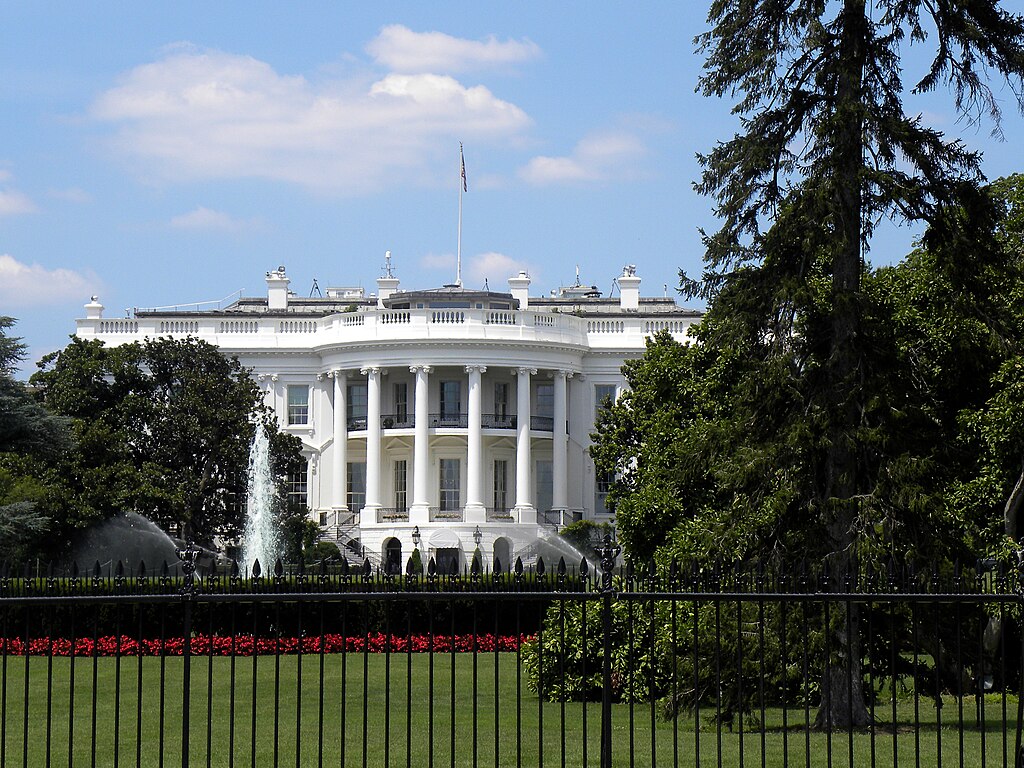A controversial tax provision that would allow U.S. President Donald Trump to retaliate against foreign taxes on American firms could be excluded from his sweeping budget bill if an international agreement is reached before its passage, Republican leaders said Wednesday.
Known as Section 899, the measure is part of Trump’s proposed tax-cut and spending package, which Republicans aim to pass by Saturday—just ahead of the July 4 holiday. The provision targets taxes deemed unfair, such as the OECD’s "Pillar Two" global minimum tax and digital services taxes imposed on U.S. tech giants like Amazon (NASDAQ: AMZN) and Alphabet (NASDAQ: GOOGL).
House Ways and Means Committee Chair Jason Smith said the provision might be removed if the EU and other countries halt such taxes. White House economic adviser Kevin Hassett echoed this, noting the administration’s intent to use Section 899 as a negotiation tool: “Maybe it doesn’t have to be in the bill if they pull those things back ahead of the vote.”
Section 899 would impose a progressive tax of up to 20% on foreign investors’ U.S. income, raising concerns among Wall Street investors about the attractiveness of U.S. markets. The Senate version delays implementation until 2027.
Despite lobbying efforts for clarification and flexibility, lawmakers have not addressed investor concerns. The provision must also be approved by the Senate parliamentarian, who ensures all bill components have a direct budgetary impact to qualify for fast-track passage.
The White House plans to showcase the bill’s benefits at a Thursday event featuring truckers, ranchers, and other workers. Final House and Senate votes could occur Saturday as Republicans push for rapid approval of the legislation dubbed the “One Big Beautiful Bill Act.”



 Judge Blocks Trump’s Ban on Harvard’s International Students
Judge Blocks Trump’s Ban on Harvard’s International Students  Trump Presses GOP to Finalize Tax Bill Amid Senate Disputes and Debt Concerns
Trump Presses GOP to Finalize Tax Bill Amid Senate Disputes and Debt Concerns  Thailand to Hold Key U.S. Trade Talks Ahead of Looming Tariff Deadline
Thailand to Hold Key U.S. Trade Talks Ahead of Looming Tariff Deadline  Trump Administration Nears Deal with Harvard to Resolve Legal Dispute
Trump Administration Nears Deal with Harvard to Resolve Legal Dispute  US Treasury Sanctions Three Mexican Financial Institutions Over Fentanyl Money Laundering
US Treasury Sanctions Three Mexican Financial Institutions Over Fentanyl Money Laundering  Khamenei Warns of Retaliation as Iran Claims Victory Over U.S. and Israel
Khamenei Warns of Retaliation as Iran Claims Victory Over U.S. and Israel  China Cracks Down on Fentanyl Precursors Amid U.S. Trade Pressure
China Cracks Down on Fentanyl Precursors Amid U.S. Trade Pressure  Iran Considers Suspending Cooperation with IAEA Over Trust Issues
Iran Considers Suspending Cooperation with IAEA Over Trust Issues  U.S., Pakistan Discuss Israel-Iran Peace After Trump-Brokered Ceasefire
U.S., Pakistan Discuss Israel-Iran Peace After Trump-Brokered Ceasefire  Thailand Closes Cambodia Border Crossings Amid Escalating Tensions
Thailand Closes Cambodia Border Crossings Amid Escalating Tensions  Jeff Bezos Courts Trump Amid SpaceX Rivalry to Boost Blue Origin Contracts
Jeff Bezos Courts Trump Amid SpaceX Rivalry to Boost Blue Origin Contracts  U.S. Drops Retaliatory Tax Plan Following G7 Global Tax Agreement
U.S. Drops Retaliatory Tax Plan Following G7 Global Tax Agreement  India Rejects UN Help in Air India Crash Probe Amid Black Box Concerns
India Rejects UN Help in Air India Crash Probe Amid Black Box Concerns  Edward Coristine Resigns from DOGE Amid Growing Scrutiny
Edward Coristine Resigns from DOGE Amid Growing Scrutiny  Surge in Applications for New Zealand’s Revamped Golden Visa Program
Surge in Applications for New Zealand’s Revamped Golden Visa Program  Rubio to Host Quad Meeting Amid Indo-Pacific Tensions and Alliance Strains
Rubio to Host Quad Meeting Amid Indo-Pacific Tensions and Alliance Strains  U.S. Enforces New Visa Ban to Curb Fentanyl Trafficking
U.S. Enforces New Visa Ban to Curb Fentanyl Trafficking 





























